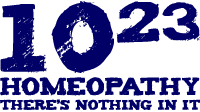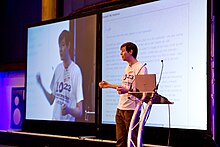
Scientific skepticism or rational skepticism, sometimes referred to as skeptical inquiry, is a position in which one questions the veracity of claims lacking empirical evidence. In practice, the term most commonly refers to the examination of claims and theories that appear to be beyond mainstream science, rather than the routine discussions and challenges among scientists. Scientific skepticism differs from philosophical skepticism, which questions humans' ability to claim any knowledge about the nature of the world and how they perceive it, and the similar but distinct methodological skepticism, which is a systematic process of being skeptical about the truth of one's beliefs.

The Amazing Meeting (TAM), stylized as The Amaz!ng Meeting, was an annual conference that focused on science, skepticism, and critical thinking; it was held for twelve years. The conference started in 2003 and was sponsored by the James Randi Educational Foundation (JREF). Perennial speakers included Penn & Teller, Phil Plait, Michael Shermer and James "The Amazing" Randi. Speakers at the four-day conference were selected from a variety of disciplines including scientific educators, magicians, and community activists. Outside the plenary sessions the conference included workshops, additional panel discussions, music and magic performances and live taping of podcasts including The Skeptics' Guide to the Universe. The final Amazing Meeting was held in July 2015.

The Irish Skeptics Society (ISS) is a scientific skeptical organisation based in Ireland. It was launched in December 2002 and publishes a newsletter called Skeptical Times. The ISS is a member of the European Council of Skeptical Organisations (ECSO).

NZ Skeptics is a New Zealand incorporated society created in 1986, with the aim of promoting critical thinking. The main areas of interest to the NZ Skeptics are claims of psychic abilities, alternative medicine, creationism and other pseudoscientific claims. At its founding in 1986, it was known as the New Zealand Committee for the Scientific Investigation of Claims of the Paranormal (NZCSICOP). In 2007 the name was formally changed to NZ Skeptics Incorporated.

Skeptics in the Pub is an informal social event designed to promote fellowship and social networking among skeptics, critical thinkers, freethinkers, rationalists and other like-minded individuals. It provides an opportunity for skeptics to talk, share ideas and have fun in a casual atmosphere, and discuss whatever topical issues come to mind, while promoting skepticism, science, and rationality.
The One Million Dollar Paranormal Challenge was an offer by the James Randi Educational Foundation (JREF) to pay out one million U.S. dollars to anyone who could demonstrate a supernatural or paranormal ability under agreed-upon scientific testing criteria. A version of the challenge was first issued in 1964. Over a thousand people applied to take it, but none was successful. The challenge was terminated in 2015.

Desiree Schell is the host of the live Canadian call-in radio talk show and podcast, "Science for the People". An advocate for scientific skepticism, Schell is a strong advocate of critical thinking and is strongly interested in the promotion of skepticism publicly. In her work as a labour organizer Schell creates curricula and teaches courses on effective activism, drawing on the experience of other social movements.

Karen Stollznow is an Australian-American author, linguist, public speaker, and podcaster. Her books include Missed Conceptions: How We Make Sense of Infertility, On the Offensive: Prejudice in Language Past and Present, The Language of Discrimination, God Bless America: Strange and Unusual Religious Beliefs and Practices in the United States, Haunting America, Language Myths, Mysteries and Magic, Hits and Mrs, and Would You Believe It?: Mysterious Tales From People You'd Least Expect. Stollznow also writes short fiction, including the title Fisher's Ghost and Other Stories, and she is a host on the podcast Monster Talk with Blake Smith. She has written for many popular publications, including The Conversation and Psychology Today. Stollznow has also appeared as an expert on many TV shows, including A Current Affair and the History Channel's History's Greatest Mysteries.
Homeopathy practice is unregulated in New Zealand and homeopathic remedies are available at pharmacies, although there are calls to have them removed from sale.
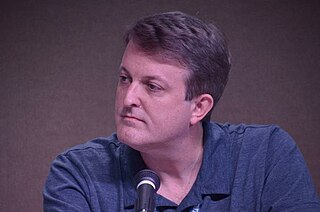
Timothy Patrick Farley is a computer software engineer, writer and instructor who lives in Atlanta, Georgia. He is an expert in computer security and reverse engineering as well as a skeptic. He was a research fellow of the James Randi Educational Foundation. Tim Farley is the creator of the website What's The Harm?, a resource where stories are documented and categorized about the damage done when people fail to use critical thinking skills. Farley was also instrumental in the apprehension of spammer "David Mabus."
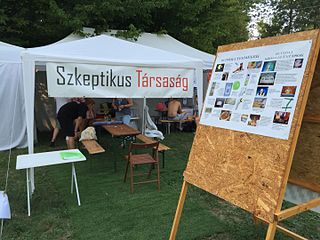
The Hungarian Skeptic Society (HSS) (Hungarian: Szkeptikus Társaság Egyesület) is a skeptic organisation based in Hungary. Founded in 2006, it has been a member of the European Council of Skeptical Organisations (ECSO) since 2007. Its former president, Gábor Hraskó was also chairman of ECSO from 2013 to 2017. The current president, András Gábor Pintér who has been a board member of ECSO since 2017, is also the initiator, producer & co-host of the European Skeptics Podcast.

Edinburgh Skeptics is a nonprofit organisation that promotes science, reason and critical thinking in Edinburgh and throughout Scotland. It was founded in 2009. The Society hosts regular social and educational events in Edinburgh and has campaigned against the use of homeopathy and challenged claims of ghost sightings.
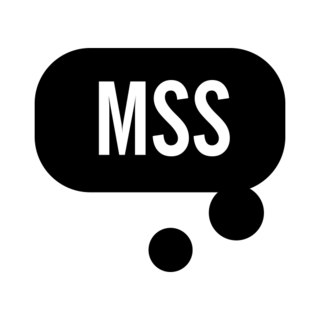
The Merseyside Skeptics Society (MSS) is a nonprofit organisation that promotes scientific scepticism in Merseyside and the United Kingdom. Founded in 2009, the society has campaigned against the use of homeopathy, challenged the claims of psychics, and hosts regular events in Liverpool, podcasts, and an annual conference in Manchester, QED: Question. Explore. Discover.
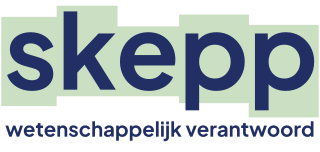
SKEPP is an independent Belgian organization which promotes scientific skepticism. The organization’s name is a backronym for Studiekring voor de Kritische Evaluatie van Pseudowetenschap en het Paranormale.

The Gesellschaft zur wissenschaftlichen Untersuchung von Parawissenschaften (GWUP) is a non-profit organisation promoting scientific skepticism, headquartered in Roßdorf, Germany. Its estimated membership in 2016 is 1300 who are scientists or laypersons interested in science. The GWUP annually hosts a conference with varying key subjects.
QED: Question, Explore, Discover is an annual skeptical conference held in Manchester, England. QED is organised by North West Skeptical Events Ltd (NWSE), a volunteer-owned non-profit organisation originating from a collaboration between the Merseyside Skeptics Society and the Greater Manchester Skeptics Society.

Glasgow Skeptics is a skeptical organisation based in Glasgow, Scotland. It aims to promote public understanding of science, critical thinking, and freedom of expression.
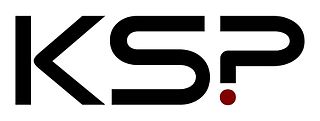
Klub Sceptyków Polskich or KSP is a non-profit, non-governmental organisation actively engaged in the promotion of critical thinking, scientific skepticism and scientific methods. It unites scientists and people interested in science and scientific research in Poland.

Michael "Marsh" Marshall is a British skeptical activist and the editor of The Skeptic magazine since September 2020. He is the co-founder and vice-president of the Merseyside Skeptics Society and co-host of its official podcast, Skeptics with a K, project director of the Good Thinking Society, and has occasionally written for The Times, The Guardian and New Statesman. As of 2022, Marshall is a fellow with the Committee for Skeptical Inquiry.
